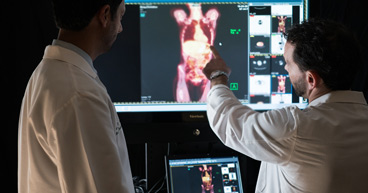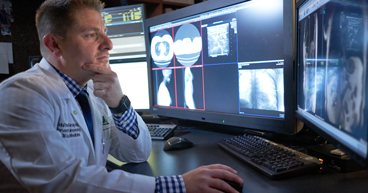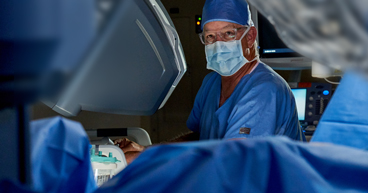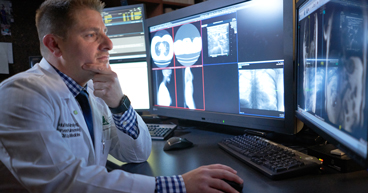


71 Posts

July 24, 2019
Breast implant-associated cancer is rare, but education is keyWith fears growing about a rare type of cancer that has been largely linked to certain breast implants, doctors hope expanded recommendations around the diagnosis and treatment of the disease will increase awareness, and ease concerns.

July 10, 2019
What is the relationship between stress and cancer?Research has long supported a connection between inflammation and cancer. But what scientists are now learning is the implication inflammation may have on the relationship between psychological stress and cancer.

June 26, 2019
Can long-term use of acid reflux drugs cause cancer?After the drugs have been on the market for 25 years, some doctors and researchers are questioning whether protracted use of so-called proton pump inhibitors comes with long-term side effects, including the possibility of an increased cancer risk.

June 5, 2019
HIPEC becoming recognized as important option for women with advanced ovarian cancerOne 2018 study, conducted in the Netherlands and published in the New England Journal of Medicine, found that some ovarian cancer patients experienced improved quality of life and a 12-month improvement in their median overall survival rate when their interval debulking surgery involved a process called hyperthermic intraperitoneal chemotherapy (HIPEC).

April 10, 2019
New techniques aiding in the fight against lung cancerThanks in large part to improvements in diagnostics and treatments, thousands of people are surviving lung cancer. The key is to catch it early, when the survival rate is much higher. Still, most cases are not diagnosed until advanced stages, which makes awareness initiatives around early detection efforts all the more important.

March 8, 2019
5 breakthroughs in cancer detection and treatmentCancer treatment and detection has progressed in leaps and bounds since 3000 B.C., when Ancient Egyptians concluded there was no way to treat the disease. Advances have particularly grown over the past couple of decades. Daniel Nader, DO, FCCP, FACP, Chief of Staff at our Tulsa hospital, outlines five recent innovations as the treatments to watch out for.

February 27, 2019
Studies conclude open surgery a better option for early cervical cancer than less invasive proceduresLearn why minimally invasive surgeries may not be a good option for patients with early-stage cervical cancer.

February 13, 2019
Liver cancer: Why do more people have it, and what's helping fight the upward trend?Liver cancer incidence is on the rise. But lifestyle changes and new treatment options may help lower the risk.

February 7, 2019
7 things everyone should know about lung cancerLung cancer remains the deadliest form of the disease. But new tools are being developed for early screening. Learn what else everyone should know about lung cancer.
Guidelines
The information contained in this blog is not intended nor implied to be a substitute for professional medical advice. Always seek the advice of your physician or other qualified health provider prior to starting any new treatment or with any questions you may have regarding a medical condition. Nothing contained in the blog is intended to be used for medical diagnosis or treatment of any illness, condition or disease.